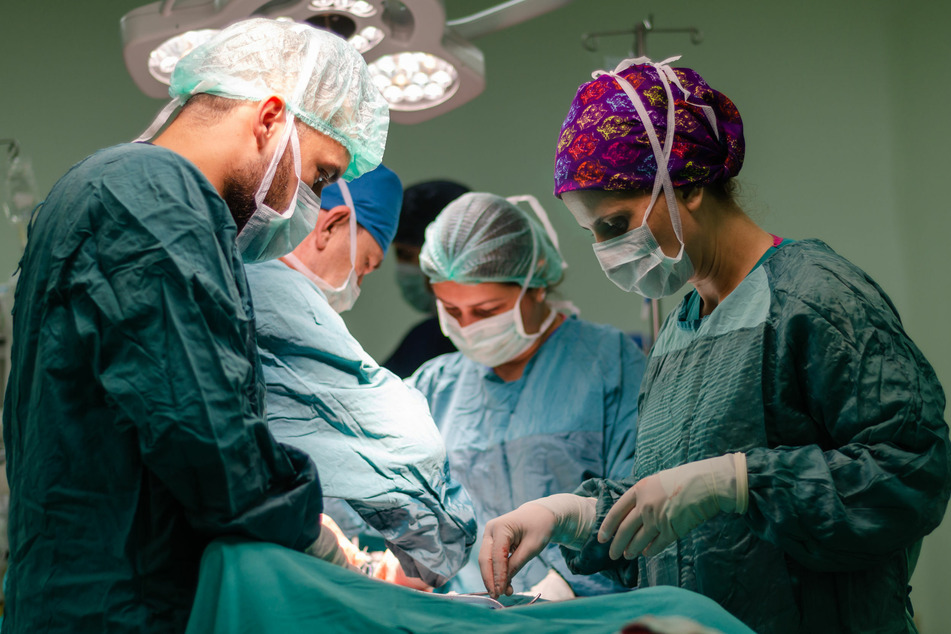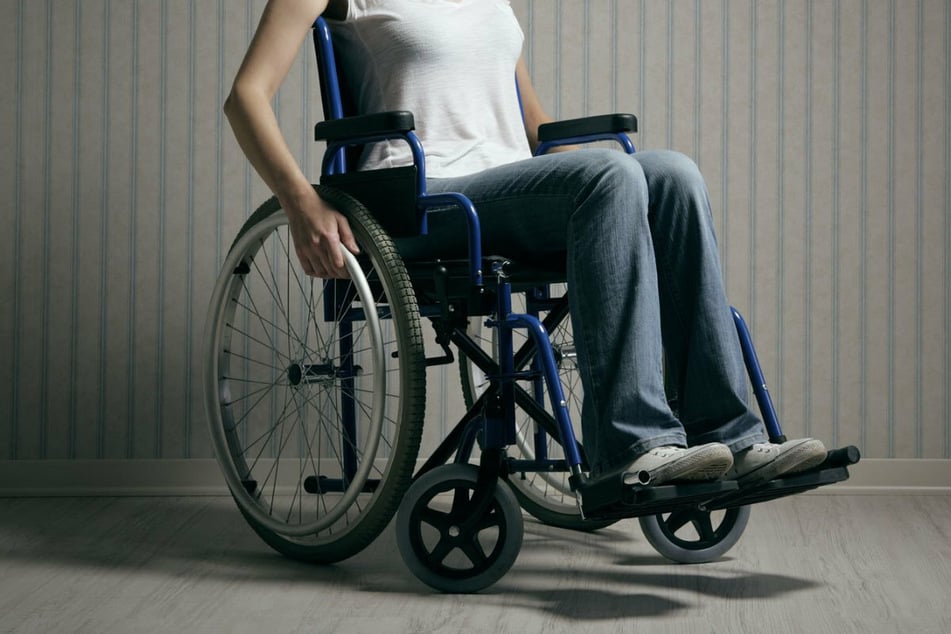"Medical misogyny": doctors refuse to perform life-changing surgery on woman in constant pain
Bangor, UK - Hannah Lockhart suffers from such severe pain that she has to sit in a wheelchair. Removing her uterus would help her, but doctors in Northern Ireland consistently refuse to perform the operation.

Doctors keep telling Hannah Lockhart that, even though she has to take morphine and other meds every day to cope with her pain, they will not remove her uterus so long as she is of childbearing age.
When Hannah's story was covered by the BBC, many people came to realize just how much modern medicine can be plagued outdated norms.
Hannah lives in Northern Ireland, and suffers from an aggressive case of endometriosis.
Essentially, the cells that make up the lining of her uterus have attached to other organs and structures within her body. Once the cells turn into bigger patches of tissue, the sections outside her uterus will be equally affected by hormones, causing constant cramping and bleeding throughout her abdomen.
In addition to causing debilitating pain, heavy periods, and infertility, the condition can create scar tissue throughout the body, and even fuse various organs together (called adhesion).
To relieve these symptoms, the surgical removal of the uterus and ovaries – hysterectomy and oophorectomy – helps about 85% of women and prevents the body from creating more of the bad tissue.
Hannah is confined to a wheelchair, but the doctors won't intervene

Hannah was diagnosed with endometriosis when she was still a teenager, and various treatments have proven entirely ineffective. At age 23 her pain was so excruciating that she was confined to a wheelchair.
She doesn't take the decision to get a hysterectomy lightly. She is engaged and had always wanted children of her own. But she sees no other way out of her constant pain than getting the operation.
Hannah's condition has spread tissue to her bowels and back, and has damaged her bladder to the point that she has to use a catheter just to pee.
Removing her uterus and ovaries could provide tremendous improvement to her quality of life, but, Northern Ireland's health system sees it differently.
The doctors practicing there have a big problem with the fact that Hannah, at 23, could never have children again after the procedure. They consider any chance of conceiving is more important than the pain that hospitalized her seven times last year.
Her family and fiancé supports her decision to have the uterus removed.
Would a man be treated this way?

Though the operation is not an unlawful procedure in Northern Ireland, doctors only provide it to older women who have had children.
Hannah's father Peter joined her for the interview with the BBC. He explained that this issue was "a parent's problem", as any parent would want their child to have access to any procedure that would provide them relief.
He was proud of her for making her situation public, in an effort to highlight how doctors were "gatekeeping" the procedure because of her age.
It isn't even certain that she could have a baby in her condition. "If I'm in this kind of pain, what good am I as a mother to a child?" Hannah said.
"I couldn't pick up my child, I couldn't do what a mother should do."
The story, starting at the 1:35:55 marker on BBC's Evening Extra radio show on April 13, drew such attention that the BBC followed up with a discussion around the different attitudes to men's pain in the medical system.
Is this a case of "medical misogyny"?
Another woman interviewed in the follow-up revealed that she used her wedding fund to get the same kind of surgery in England, as she couldn't access it in Northern Ireland. The UK leaves public health policy partially up to its constituent nations – Scotland, England, Northern Ireland, and Wales.
The BBC asked Piers Benn, professor of philosophical ethics, why doctors were still gatekeeping these treatments. He said that the trend was disturbing and that doctors could simply counsel patients to weigh the benefits and risks, without making the decision for them.
The Royal College of Obestetricians and Gynecologists issued a statement in response to the BBC interviews, stating that doctors are required to support and counsel patients.
The lingering question remains: would a man in a similar condition of chronic pain be able to receive treatment though his fertility might be compromised?
Cover photo: Bildmontage: 123RF/tsalko, 123RF/stokkete